PPDS Neurology of FK UNS Holds International Epilepsy Day 2024
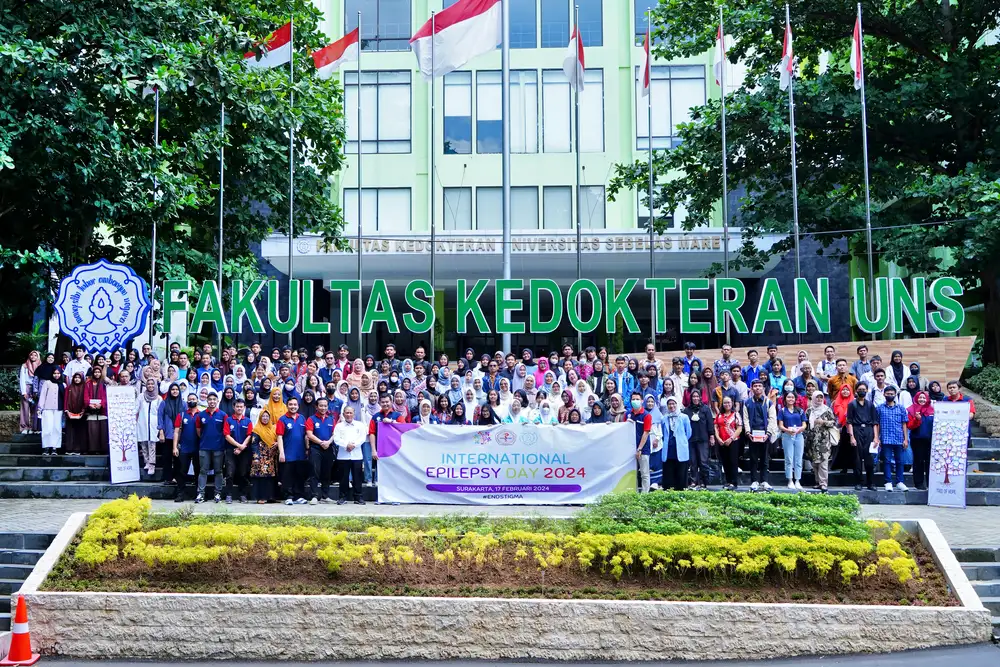
According to the World Health Organization (WHO), epilepsy currently affects around 50 million people worldwide. However, the large number of epilepsy sufferers has not been balanced with sufficient knowledge by the public. There is still a lot of negative stigma and wrong treatment when people with epilepsy experience seizures and relapses.
The Faculty of Medicine (FK) Universitas Sebelas Maret (UNS) through the Neurology Study Program held International Epilepsy Day 2024 on Saturday (17/02/2024) at the FK UNS Auditorium.
As many as 200 middle and high school students around the city of Solo attended this event and was also attended by the Deputy Chair of PMI Surakarta City for Organization, Dr. H. Sunarto Istianto, M.Si; SMA and SLB Section of Region VII Education Office Branch, Edi Purwanto, SE., M.M; Chairman of the Indonesian Neurology Specialist Association (PERDOSNI) Surakarta Branch, Dr. Pepi Budianto, dr., Sp.N(K); Head of the Neurology Department, FK UNS, dr. Rivan Danuaji, Sp.N(K) and Acting Officer Vice Dean for Human Resources, Finance and Logistics FK UNS, Dr. Diah Kurnia Mirawati, dr., Sp.N(K).
This activity aims to provide knowledge about what epilepsy is and how to treat epilepsy patients when their disease recurs. Apart from that, this activity also commemorates International Epilepsy Day which is celebrated every second week in February.
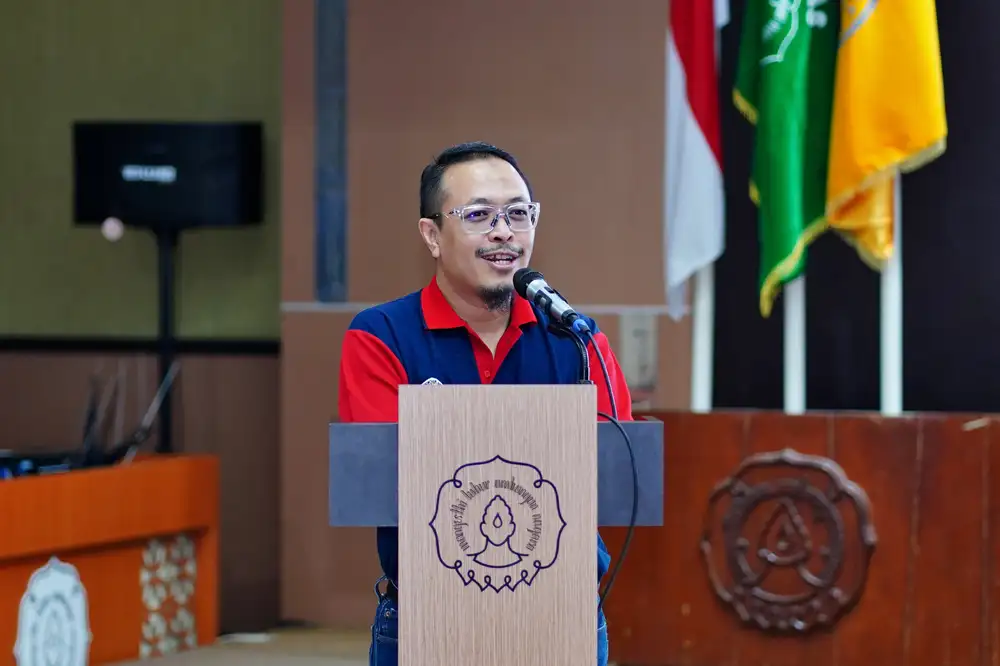 |
 |
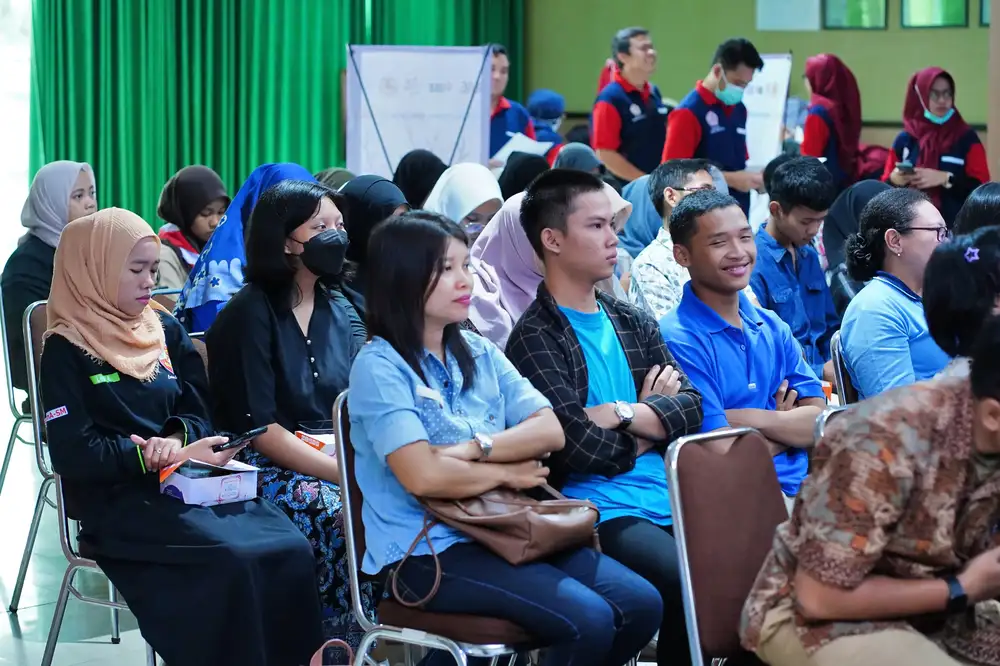 |
((Swipe for the next photos))
In his speech, dr. Rivan Danuaji hopes that this activity can increase the participants' knowledge about epilepsy and how to properly treat it.
"We really hope that this activity will arouse or raise awareness, increase everyone's understanding about epilepsy so that later they can do more so that they don't make a wrong step in handling it," he said.
Chairman of PERDOSNI Surakarta Branch, Dr. Pepi Budianto, dr., Sp.N(K) said that epilepsy sufferers are the same as people in general.
"Let's be friends with our friends who suffer from epilepsy because epilepsy sufferers also have the right to live like people in general, like all of us," he said.
In the material regarding the overview of Epilepsy, it is explained by Dr. Diah, one of the signs of this disease is seizures, although not all seizures are a sign of epilepsy.
“Seizures occur when there is an excessive electrical charge on neurons or nerve cells, causing uncontrolled movements. The symptoms that occur depend on the area of the brain that is disturbed, whether in the frontal lobe, temporal lobe, parietal lobe, occipital lobe, all of which have their own control centers," Dr. Diah explained.
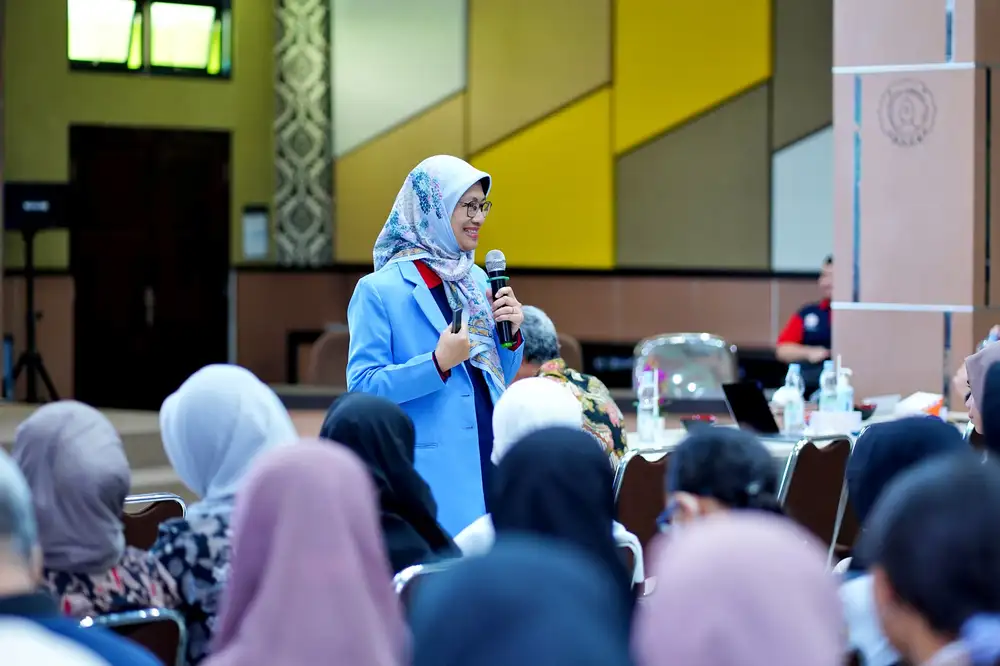 |
 |
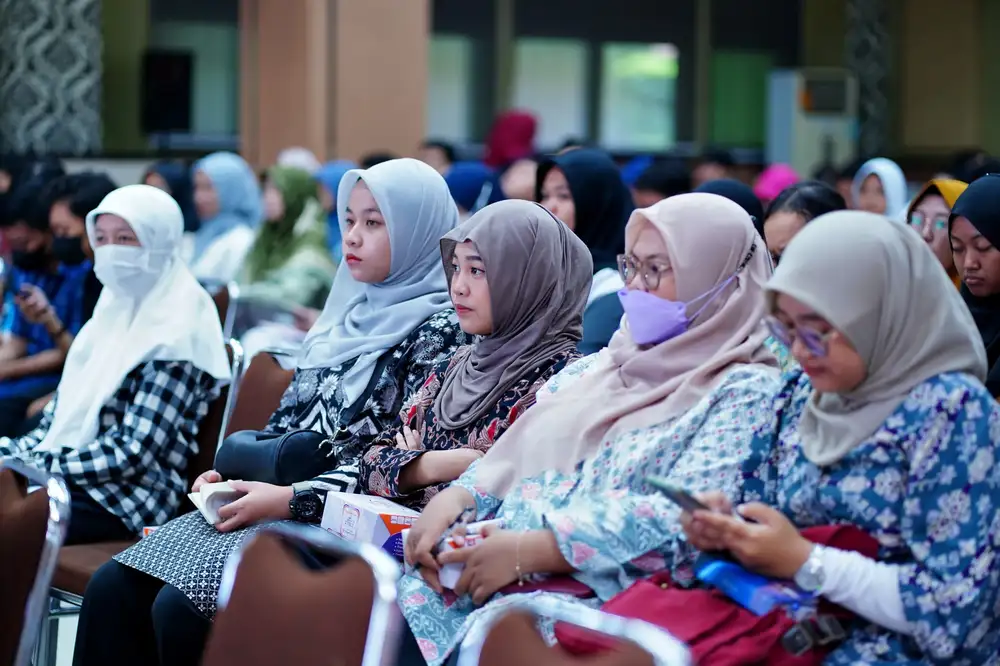 |
((Swipe for the next photos))
She continued, explaining that if one of these areas is disturbed, control of the body will also be disturbed.
"Not all symptoms of epilepsy when a relapse occur are that the whole body will sway, there are those who have epilepsy symptoms walking in circles or even just staying still," she said.
According to Dr. Krisandi Hartanto, calmness when treating people who are having a relapse of epilepsy is important so that mistakes do not occur during treatment that could make the situation worse.
“The first step is to stay calm, don't panic. If the patient is in a dangerous place, immediately move him to a safer place. Keep the patient away from objects that could injure the patient. Turn the patient on his side and place a soft cushion on his head. "Loosen the patient's belt or shirt collar and don't hold the patient tightly, just let the patient move during the seizure but remain under supervision," he explained.
It was further stated that never put any object into the patient's mouth or give him water to drink because there is a risk of choking on the patient.
This activity was very interesting for the hundreds of participants who attended, this could be seen from the many participants who asked questions during the question and answer session.
According to the chief organizer of International Epilepsy Day 2024 activities, dr. Faris Khairuddin Syah, Sp.N The negative stigma and myths that have been attached to epilepsy sufferers are caused by a lack of public knowledge about epilepsy.
 |
 |
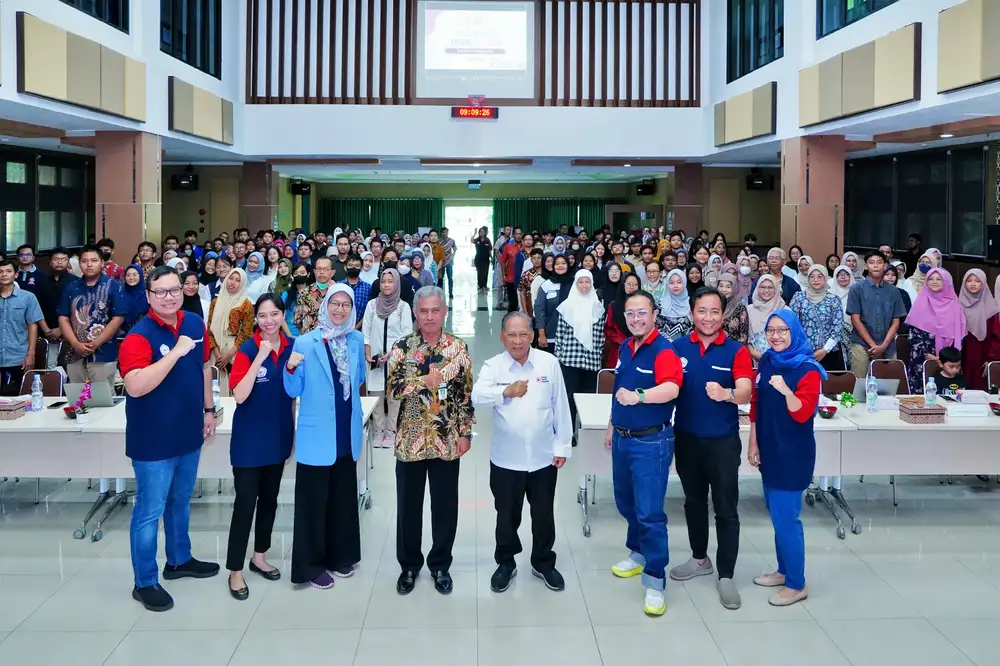 |
(Swipe for the next photos)
In fact, according to him, epilepsy is not a contagious disease, so there is no need to fear anything about epilepsy, let alone stay away from epilepsy sufferers.
"I hope that we can all live side by side with People with Epilepsy (ODE), we can provide the appropriate response, the response needed so that people with epilepsy can live comfortably, live in peace, just like us, can go to school, can study and can be successful have a career," he hoped.
Public Relation of FK UNS
 bahasa indonesia
bahasa indonesia 



